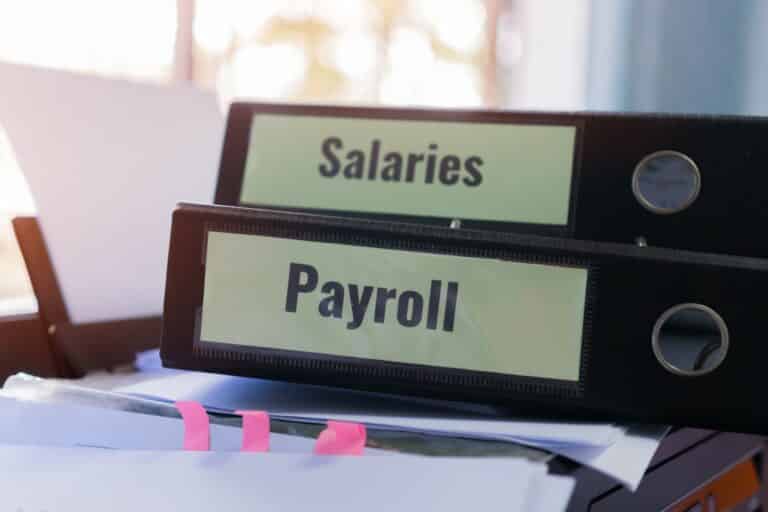Can an employer oblige an employee to take holidays (during the corona crisis)?

Some employers ask their employees to take mandatory holidays because there is less work available due to the corona measures. This way the employees also enjoy their holidays. In principle, this is not permitted for statutory holidays. The employer may ask employees whether they wish to take statutory holidays, but the employee may refuse this request. Different arrangements may apply to days in excess of the statutory entitlement.
How many holidays is an employee entitled to?
Employees are entitled to a statutory number of holidays per year. In hours, this is 4 times the number of hours the employee works per week. For example, if an employee works 25 hours a week throughout the year, he is entitled to 100 holiday hours per year. This allows him to take at least 4 weeks’ holiday per year. He can also take his holidays in separate hours. During the holidays, the employer will continue to pay the wages.
Non-statutory (extra) holidays
If the employee accrues more holidays than the statutory number, we speak of ‘extra statutory’ holidays. A collective labour agreement (CAO) or the employment contract may contain agreements about these extra holiday hours.
The employer must, however, encourage the employee to take any remaining holidays from 2019. The statutory holidays from the previous year (2019) expire on 1 July (2020). However, the employer may not oblige the employee to take holidays for this purpose either. If the employee chooses not to take his 2019 holidays on time and the employer has informed him clearly and on time of the expiry date, these holidays shall expire on 1 July.
Employer is not obliged to withdraw holidays
Maybe an employee wants to take back his agreed holidays, for example because a planned trip is cancelled due to the coronavirus. However, the employer does not necessarily have to comply with this request. This would mean that the employee would have to take approved holidays, but the employer and employee can discuss other possibilities together. As a good employer, the employer is also advised to do this. Nevertheless, it may still be a good idea to take holidays after all, because even when working from home due to the coronavirus, the employee needs sufficient rest and relaxation.
Compulsory days off and compulsory ADV (reduction of working hours) days
It is possible to arrange mandatory days off, for example the day after Ascension. These arrangements must be laid down in the CAO (Collective Labour Agreement), the personnel regulations or the employment contract. If the employer wishes to change the mandatory collective days off, the works council must agree to this. An employer can sometimes oblige employees to take adv-hours (reduction of working hours), but this too must be laid down in writing.
How can an employee take his holidays?
An employee must ask his employer when he wants to take holiday. In principle, the employer must approve his request. The employer may only object if the holiday would cause major problems for the company (‘serious business interests’). Or if there is a collective holiday, such as in construction and education.
In that case, the employer must object in writing within 2 weeks of receiving the holiday request. But the employer must allow the employee to take holidays at another time. An employee must be able to take the statutory number of holidays each year. The employer may not object to this. Not even by invoking ‘serious business interests’.
Different rules may apply to holidays in excess of the statutory entitlement. These are holidays that are in addition to the statutory number of holidays per year.
Taking holidays in case of illness
Even if an employee is ill, he is still entitled to a holiday.
Holidays not taken sometimes expire after 5 years.
In the following cases, the unused holidays only expire after 5 years:
- If the employee was unable to take the statutory holidays on time. For example, because he was too ill to do so. Or because his employer made it impossible for him to take (enough) holidays;
- If the employee has holidays in excess of the statutory entitlement. This is the case if you have more than the statutory number of holidays.
Holiday hours and new job
If an employee is changing job he may have holiday hours left that he can’t take anymore. Then the employee will be paid these holiday hours.
Furthermore, the employee may transfer the statutory holiday hours that he can no longer take to his new employer. The new employer will however not continue to pay salary during these hours (since the hours were already paid out by the previous employer). Please note: the date on which these statutory holiday hours expire remains the same when the employee transfers them to his new job.
Whether the employee can take holidays in excess of the statutory holiday hours depends on the new employer.
To be able to transfer holiday hours to the new employer, the employee will need a declaration from his previous employer, stating how many holiday hours the employee has left.
Paying out holiday hours
If an employee has not taken any holidays in excess of the statutory entitlement, he may ask his employer to pay them out. The employee and employer can’t oblige each other to do so.
Statutory holidays that an employee has not taken may not be paid out. This is only permitted at the end of the contract.





